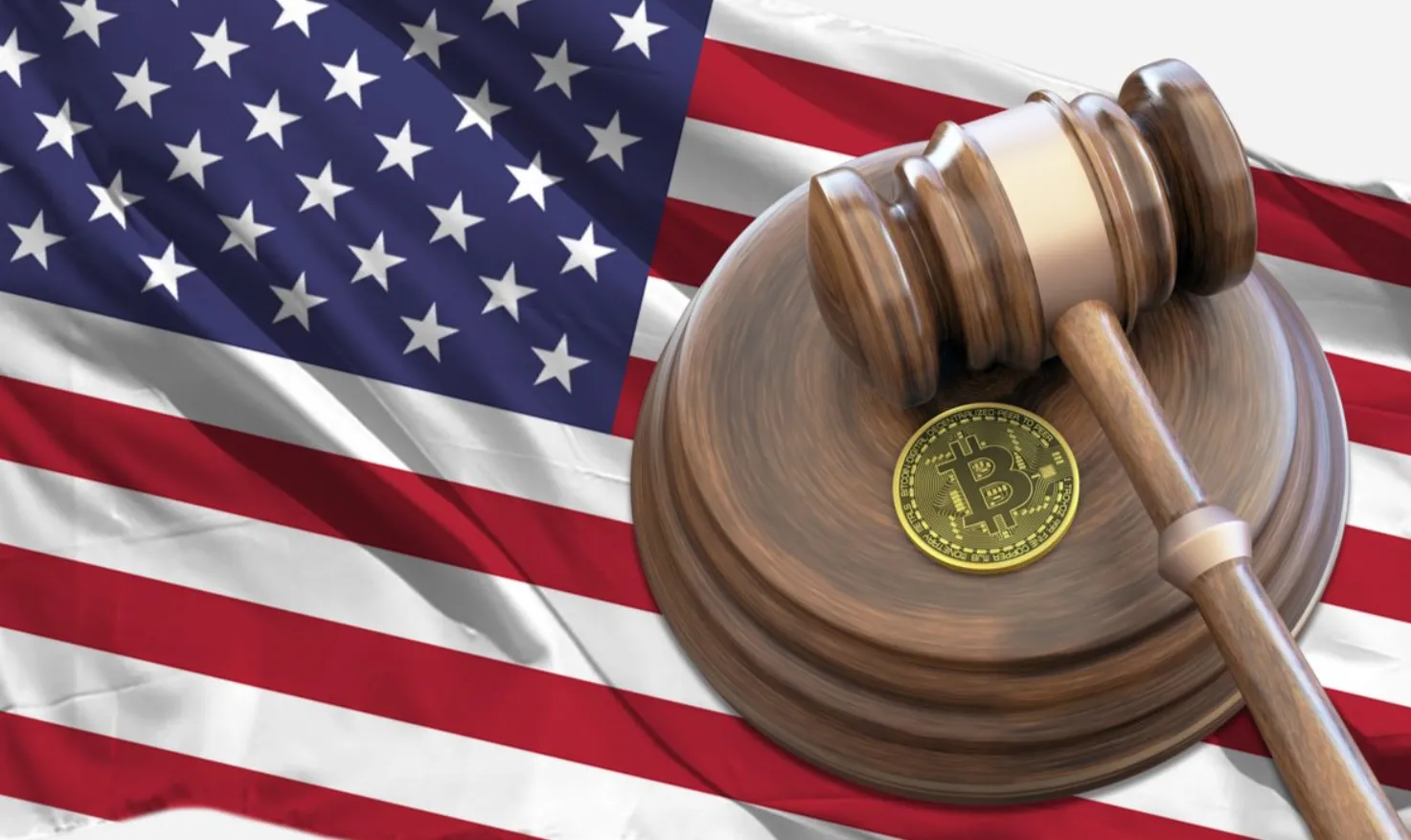- Democrats seek total control of the cryptocurrency industry with SEC Chairman Gary Gensler at the helm.
- Republicans plan to pass crypto-friendly legislation before the end of June.
- The SEC is seen as the regulator that determines whether cryptocurrencies are securities, and regulatory ambiguity is not the problem, but massive non-compliance with existing laws.
In a leaked memo ahead of the House Financial Services Committee hearing on digital assets, it was revealed that US Democrats want full control over the country’s crypto industry. This includes the figure of SEC Chairman Gary Gensler, who is leading the war against crypto criminals and protecting investors and consumers from harm. Additionally, Republicans on the committee plan to try to pass crypto-friendly legislation before the end of June.
Regulatory battle between the SEC and the CFTC
The memo also states that the SEC is the regulator that determines whether cryptocurrencies are securities, and that regulatory ambiguity is not the problem, but massive non-compliance with existing laws.
Despite this, the Republicans want to change course and tie the hands of the SEC, which could create a turf war between the SEC and the CFTC.
Republicans claim they want to bring clarity to the markets by giving the CFTC space for cryptocurrencies, but instead, at the same time, are “undermining” the agency and hurting it by proposing to cut its budget.
The call for transparency
On Tuesday, Republicans Patrick McHenry and Bill Huizenga demanded that the SEC release internal documents and communications with Sam Bankman-Fried. Republicans believe Gensler failed in the regulator’s duties by politicizing an agency that is supposed to protect investors from scammers.
Surprisingly, US President Biden caused quite a stir in the community yesterday when he called for the closure of $18 billion in tax loopholes.
Market outlook
At press time, the total market capitalization stood at 1.109 trillion, bouncing off key support yesterday.
Cryptocurrency investors will need to closely monitor regulatory developments in the United States, as they can have a significant impact on the broader market.

